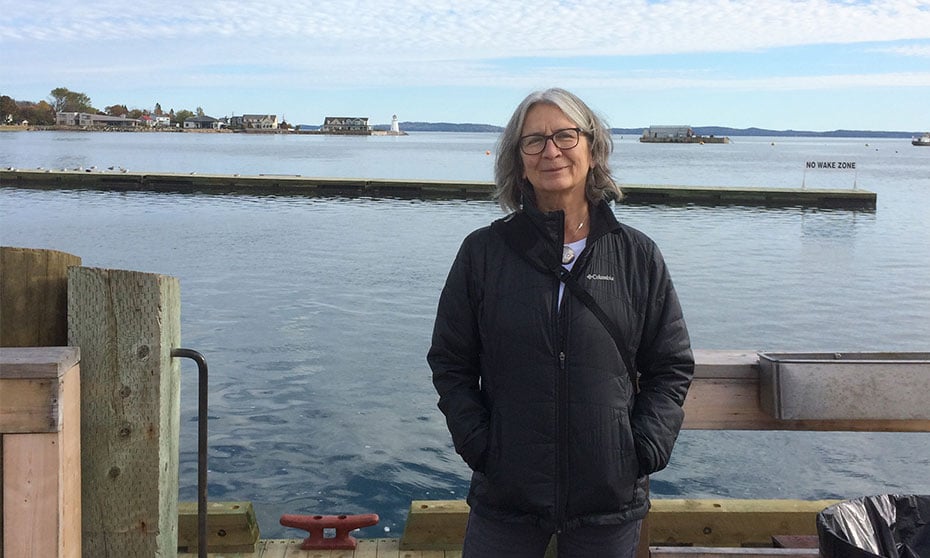
UVic’s new joint degree program in Indigenous law will help future lawyers address vital questions, writes Tim Wilbur

On the cover of our September issue this month we featured Val Napoleon, who teaches law at the University of Victoria. Last year, the University of Victoria welcomed its first cohort of students into its joint degree program in Canadian common law and Indigenous legal orders.
While this is not the first law school in Canada to offer a joint degree in two legal systems — the program was modelled on McGill University’s program of teaching civil and common law together— UVic’s is unique in the world. As Napoleon told us, inquiries have come from around the world about how the joint degree program works. In fact, she has travelled as far as New Zealand to talk about what it means to teach Indigenous law.
“There needs to be lots of conversation around what law is,” Napoleon says. “What makes law law? How does it work? What are the standards of legitimacy? What does it mean to be accountable? These are questions that not just Indigenous people but all people should be asking.”
Indeed, as we saw in our coverage of a recent Yukon decision, another lawyer in British Columbia, this time in private practice, offered his insights about the evolving duty consult in the courts.
“The law is still trying to figure out what is workable, what is reasonable. At what point does it make sense for the government to step in and consult?” Arend Hoekstra at Cassels Brock & Blackwell LLP told us.
To echo what Napoleon said, these are questions that businesses, and not just Indigenous people, should be asking. It is an increasingly vital question for scholars such as Napoleon as well as the resource companies that Hoekstra advises.
UVic’s new program will no doubt improve how future lawyers, both Indigenous and non-Indigenous, will navigate these issues.
As Napoleon told us, “As people can see Indigenous law as law, as having accountability, structure, institutions — if you think about all the ways Canadian law is part of your life, your identity as a Canadian, your work life, your ability to navigate in the world . . . all of that is why Indigenous people want to rebuild their law and to figure out how that then relates to Canada.”